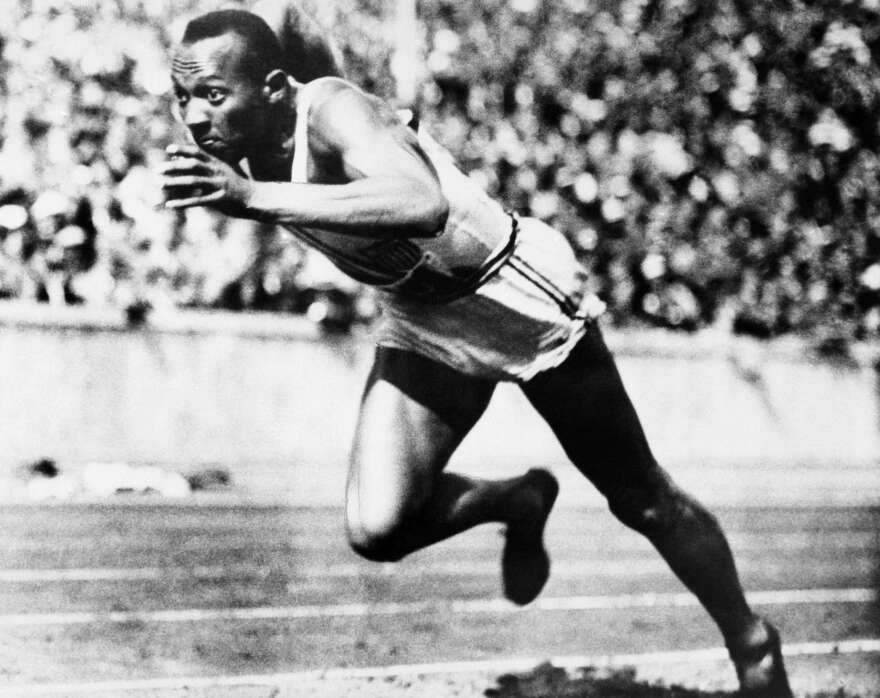As Australia, the United Kingdom and Lithuania join the United States’ diplomatic boycott of the upcoming winter Olympics in Beijing, we look back at the calls to boycott the 1936 Olympics, which were held in Nazi Germany.
The U.S. decided not to boycott those Olympics, and they are remembered for Jesse Owens, the Black American track and field star who won four gold medals. The performance of Owens and the other Black American athletes who competed was seen as a rebuke to Hitler and Nazi Germany’s notions of white superiority.
Here & Now‘s Scott Tong speaks with Jeremy Schaap, ESPN reporter and author of “Triumph: The Untold Story of Jesse Owens and Hitler’s Olympics.”
This article was originally published on WBUR.org.
Copyright 2021 NPR. To see more, visit https://www.npr.org.




